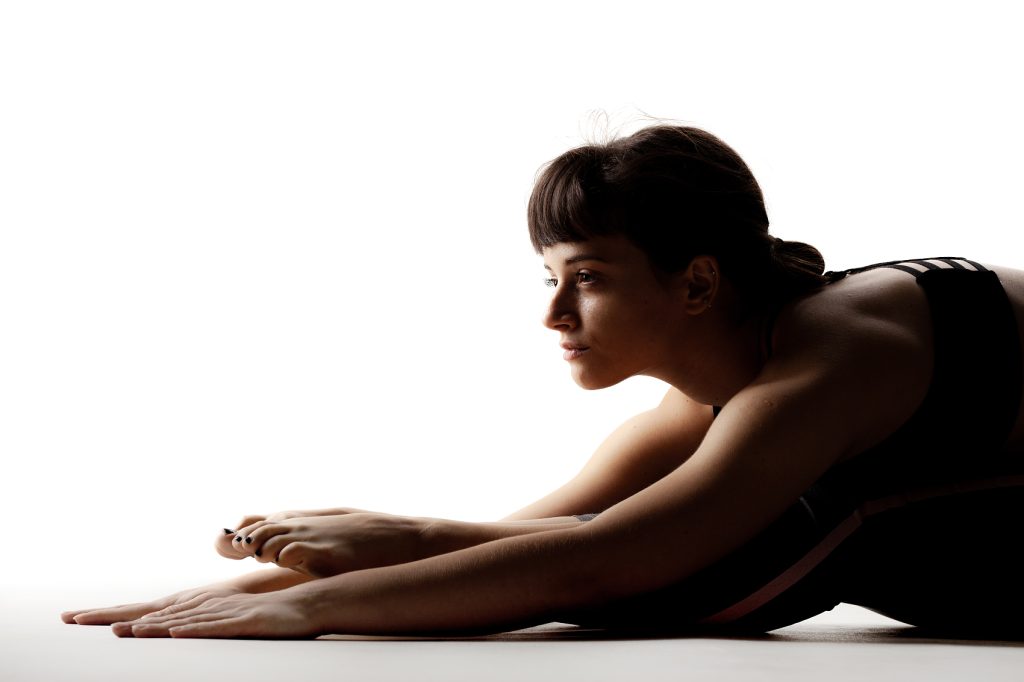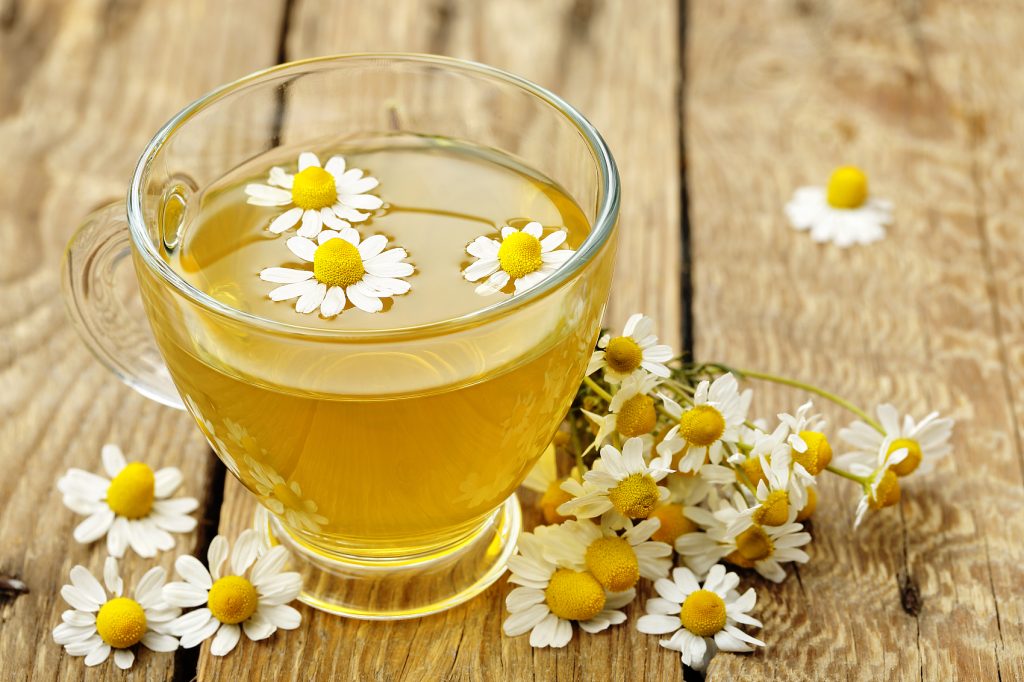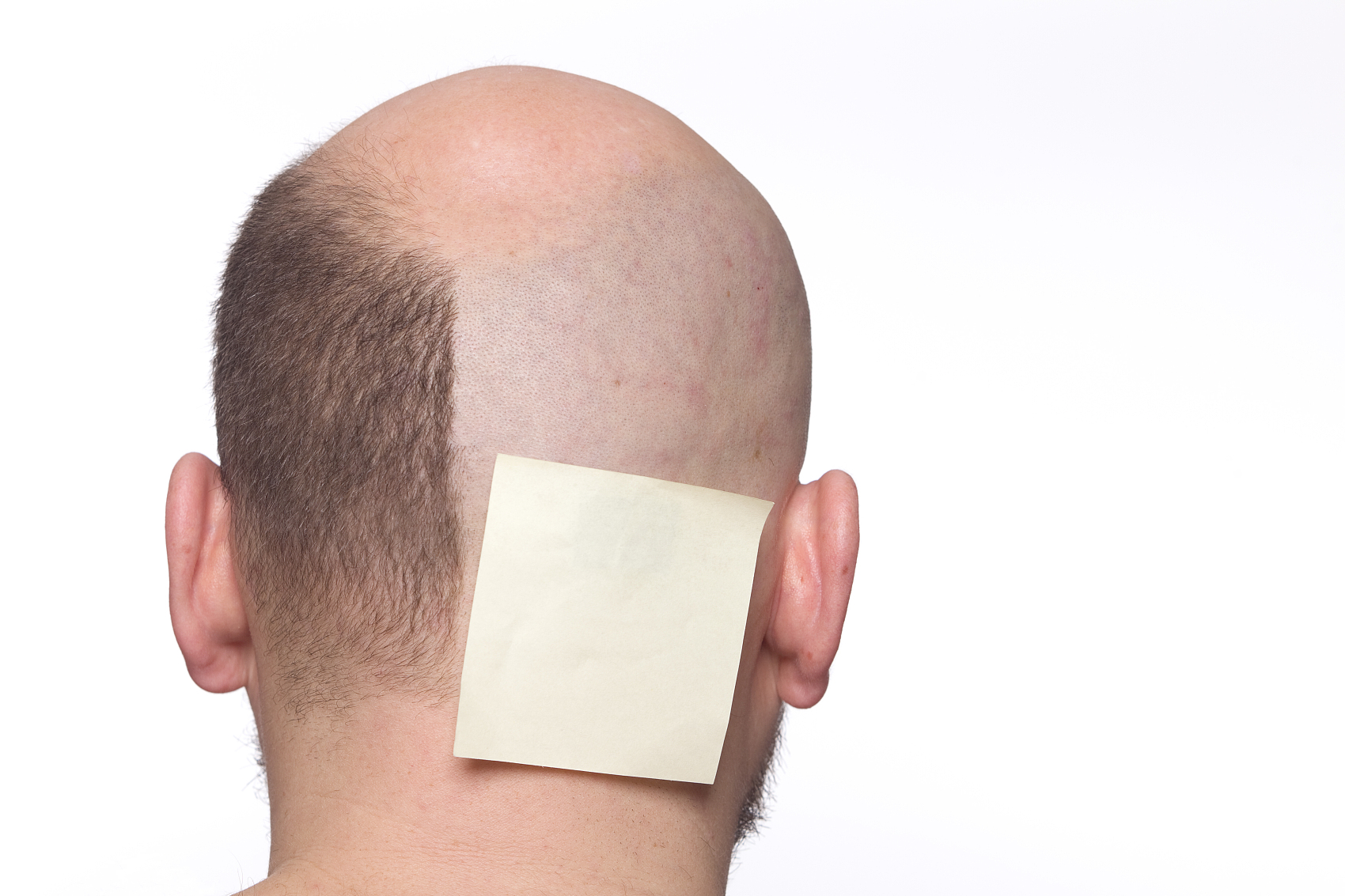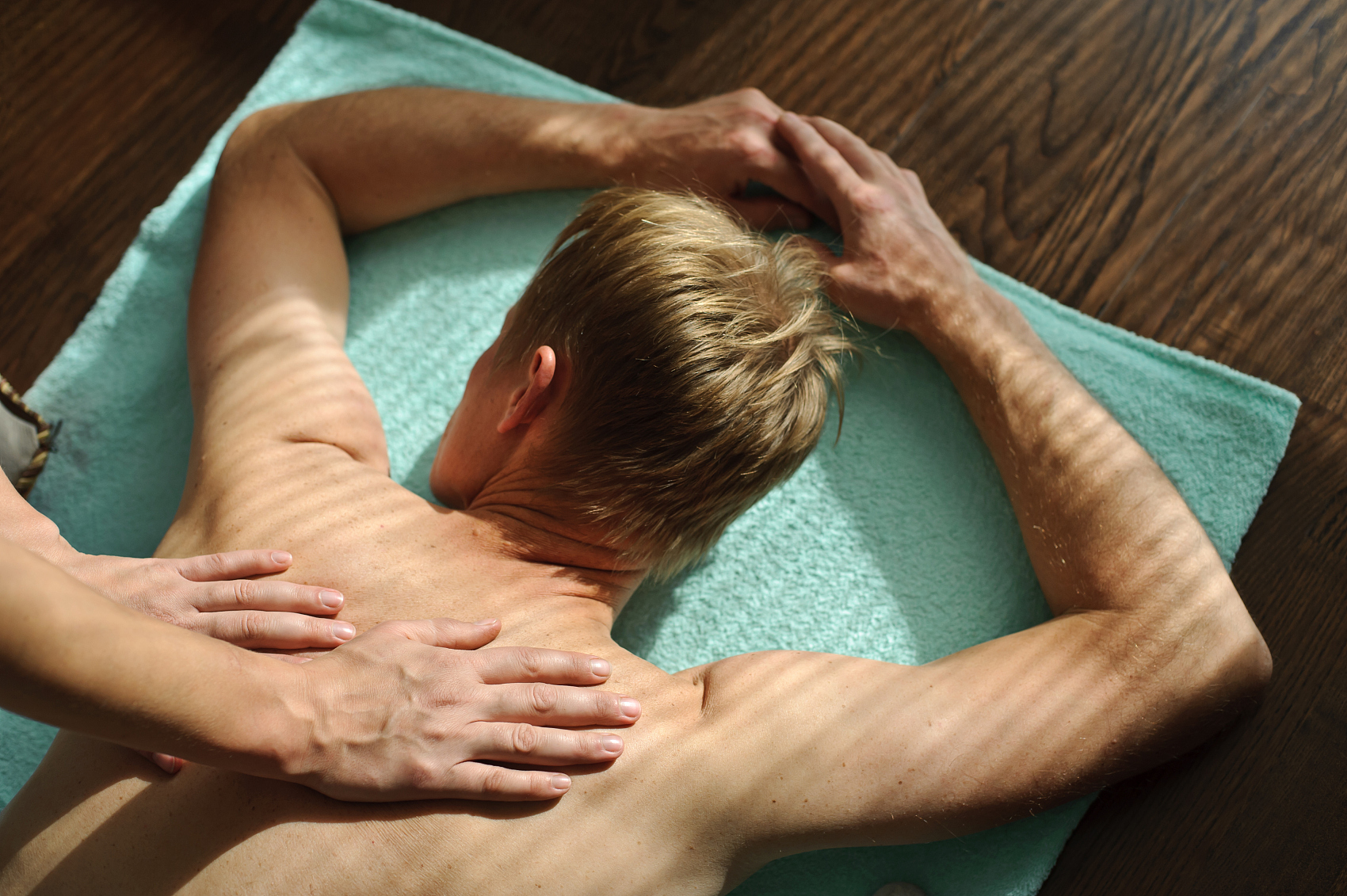Muscle spasms and tightness can strike unexpectedly, often affecting the feet, abdomen, arms, hands, and legs. These uncomfortable spasms can be triggered by vigorous activities like sports or intense exercise. Fortunately, there are several muscle relaxation techniques that can help alleviate these symptoms and even assist with conditions like insomnia.
Types of Muscle Relaxation Techniques
Progressive Muscle Relaxation (PMR): This involves tensing specific muscle groups for 10 seconds followed by 20 seconds of relaxation. It’s great for easing muscle tension but might not be suitable for those with high blood pressure.
Massage: Massage is a quick way to relax muscles and improve blood circulation, helping to reduce stress levels and enhance sleep quality.
Meditation: Achieving a state of deep peace through meditation can calm the mind and relieve muscle tension. This practice also improves blood circulation and enhances overall muscle function.

Yoga: Yoga encourages relaxed breathing and flexibility, triggering the body’s natural relaxation response, making it an excellent choice for stress management and muscle relaxation.
Passive Muscle Relaxation: Unlike PMR, this technique involves simply thinking about relaxing, which can send signals from the brain to reduce muscle tension. It’s particularly beneficial for individuals with cardiovascular disease or high blood pressure.
Benefits of Muscle Relaxation
PMR: Known to reduce anxiety, lower blood pressure, and decrease the body’s need for oxygen, PMR also helps in enhancing overall well-being.
Massage: Studies have shown that massage can significantly lower stress levels by reducing cortisol in the bloodstream.
Meditation: Regular meditation not only relieves muscle tension but also stimulates the parasympathetic nervous system, helping to reduce heart rate and cortisol levels.
Yoga: Effective in reducing cortisol and blood pressure, yoga can also alleviate back pain and help in managing stress.
Passive Muscle Relaxation: Ideal for people with chronic pain, this technique helps avoid muscle tension and is safe for those with certain health conditions.
Herbal Teas for Muscle Relaxation

Incorporating certain herbal teas into your daily routine can also promote muscle relaxation:
Chamomile: Known for its anti-inflammatory properties, chamomile is an excellent muscle relaxant.
Valerian Root: This herb not only eases muscle tension but also enhances sleep quality.
Lavender: Effective in reducing muscle pain and tension, lavender also helps calm the body.
Passionflower: Known for its ability to relax the muscles and lower blood pressure.
Cramp Bark: Particularly effective in relieving muscle spasms and contractions.
Final Thoughts
Whether it’s through physical exercises like yoga and PMR or more passive approaches like meditation and drinking herbal teas, there are numerous natural ways to combat muscle tension and enhance your overall quality of life. Give these techniques a try and discover a more relaxed, pain-free way of living without relying on medication.








